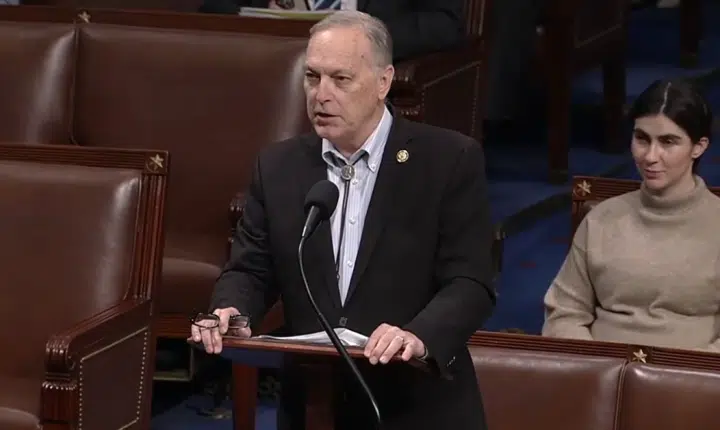Biden is learning the limits of what can be achieved simply on a partisan basis with razor thin majorities, which makes his strategy targeting and antagonizing Republicans all the more inexplicable.

Following a catastrophic U.S. military withdrawal from Afghanistan, the highest inflation since 2008,pushing unpopular Covid vaccine mandates, rationing Covid treatments to red states and finally, watching his domestic legislative agenda falter in Congress, President Joe Biden is already upside down on his job approval ratings, according to the latest average of polls compiled by RealClearPolitics.com.
Reuters/Ipsos on Sept. 29-30 had Biden’s approval at 46 percent and disapproval at 50 percent.
Rasmussen Reports on Sept. 28-30 found just 42 percent of Americans approving and a whopping 56 percent disapproving.
Similarly, Economist/YouGov on Sept. 26-28 had 43 percent approving and 51 percent disapproving.
Over the past 27 surveys conducted nationally, just seven gave Biden a positive rating. Until August, every single survey had been in Biden’s favor.
All of which bodes very badly for Biden and Democrats looking to retain majorities in the House and the Senate in 2022.
In midterm elections dating back to 1906 through 2018, the party that occupies the White House usually loses on average 31 seats in the House, and about three seats in the Senate. That’s more than enough for Republicans to take back one or both chambers of Congress in 2022.
And every day, it seems Republicans have a new, fresh outrage with which to make a case against Biden and his party.
In just the past month, Biden completed the botched U.S. military withdrawal, seeing 13 American fatalities for the first time in a year and a half.
The Consumer Price Index measured by the Bureau of Labor Statistics remained at 5.3 percent inflation in September, the highest levels seen since July 2008 amid a torrent of government spending and borrowing that has seen the national debt increase by an unprecedented $5.2 trillion since Jan. 2020 before the pandemic to $28.4 trillion.
On Sept. 9, Biden announced that all employees working at employers with 100 or more workers, plus all health care workers who administer Medicare and Medicaid patients, would have to get Covid vaccines as a condition for keeping their jobs, targeting almost 100 million workers nationwide. In the intervening weeks since Biden’s announcement, vaccines administered nationwide actually dropped by 15 percent.
Following the vaccine mandate announcement, the Biden administration began rationing monoclonal antibody treatments like Regeneron to red states with lower vaccination rates, prompting Sen. Marco Rubio (R-Fla.) and seven other Senate Republicans to cosponsor legislation that would prohibit Covid treatment rationing.
Finally, to cap off Biden’s disastrous month, Democrats struggled to pass twin spending bills that combined for $4 trillion as progressives and moderates in the President’s party squared off over the details. As of this writing, the Senate refuses to pass the $4 trillion combined measures, whereas the more radical House refuses to pass a more watered-down $2 trillion package.
All of which raises the question: Has Biden lost his mandate to govern? Is his legislative agenda already dead?
H.R. 1 and S. 1 election nationalization legislation are nowhere to be found and a more watered down H.R. 4 struggles to find even a single Republican cosponsor—they need 10 Republicans to pass in the Senate.
Plans to pack the Supreme Court with up to 13 justices who would rubberstamp the Biden legislative and regulatory agenda have been aborted.
Biden’s public option for health care, if it is ever even offered,will have to be a scaled back budget reconciliation version.
Same with the Green New Deal, which will be limited via federal regulationsand budget reconciliation measures.
D.C. and Puerto Rico statehood bills are pretty much dead, too.
All of which makes President Biden the weakest first-term Democratic president in Congress in more than a century, with the Senate still split evenly 50 to 50, and Democrats clinging to a 220 to 212majority in the House, with three vacancies. Here, Biden is learning the limits of what can be achieved simply on a partisan basis with razor thin majorities, which makes his strategy targeting and antagonizing Republicans all the more inexplicable.
The current spending bills may be the crucible on which the future of the Biden agenda is decided, with the American people’s patience rapidly wearing out. Stay tuned.
Robert Romano is the Vice President of Public Policy at Americans for Limited Government.






